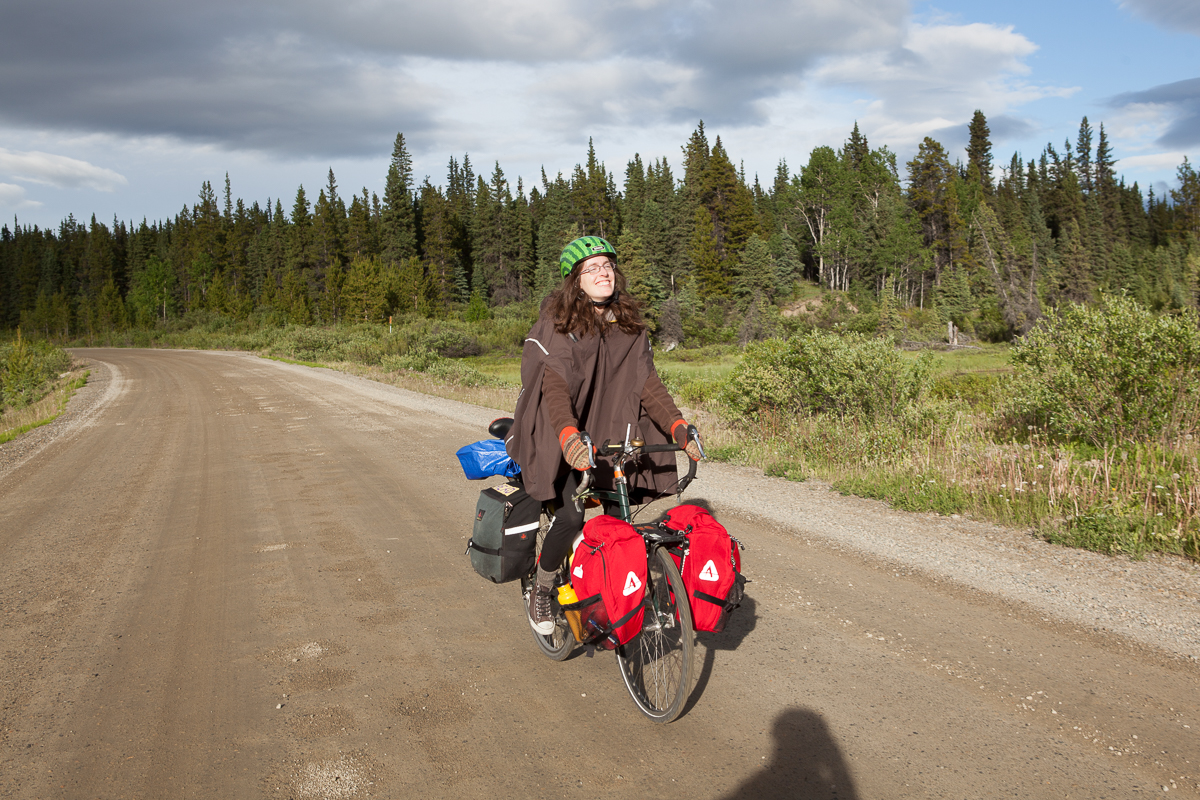Your cart is currently empty!
Tag: writing
-
Gone freelancin’

I’m launching my freelance editorial business, and I specialize in working with artists and environmentalists. I offer supportive guidance to writers at every stage of the publishing process. More on my services below. But first, a story about how I got here. When I was finishing my master’s in English literature, I went to my…
-
Guidelines for editors

Whether you’re brand new to editing or have been at it for years, these guidelines can help steer you along an ethical path that will support authors and further your own career. Ethics, man—live ’em, love ’em. It’s not your book You’re working in service of the writer and the reader. You can advise, but…
-
Emerging from sabbatical
Hi, I’m Amanda Lewis, and you might remember me from such places as the internet. I’ve spent the past four months on sabbatical from my day job as a book editor and all-around creative fixer. Now I’m emerging and slow-blinking like the raccoon I spotted sneaking out of a storm pipe, while I was walking…
-
How to chart your energy
Are you judging your skills by how they measure up to the status quo? I know I’m skilled at organizing, but then wonder why I fall down at things like schedules. Why did I succeed as a managing editor, but fail as a project manager? Using a prompt from Kerri Twigg, for a couple of weeks,…
-
The merits of maintenance

Sparks of creativity! BOOM a brilliant idea! It can be exhilarating to come up with a fresh idea. But how are you going to execute it? How are you going to tend to that idea and watch it grow?
-
Are you writing with your head or your gut?

The New York Times recently profiled book editor Judith Gurewich. In addition to being the publisher of Other Press, Gurewich is a Lacanian analyst. Perhaps because she was trained in an aural tradition—listening to patients, asking questions—Gurewich employs a unique method for editing books: she has authors read their manuscripts aloud. “When my stomach intervenes,…
-
This/Not That
So, you’re embarking on a new writing project. You have a sense of the setting, character, and themes. You might even know what your characters get up to (plot) and how quickly the story will roll along (pace). While it’s good to know what your story is, it’s also helpful to know what it is not, or…
-
Learn from your art

In their classic book, Art & Fear, David Bayles and Ted Orland advise the reader to Make objects that talk—and then listen to them. Your work needs to speak for itself—it needs to feel alive and it needs to communicate to the reader or viewer without your intervention.
-
There’s a lot you’re not saying

As an editor, it’s my job to poke the writer when I feel they’re not getting to the point or when they’re holding back on details. Oftentimes I’m poking a sore spot that the writer doesn’t want to address: a trauma that occurred, or a difficult theory they need to work out. We then determine…
